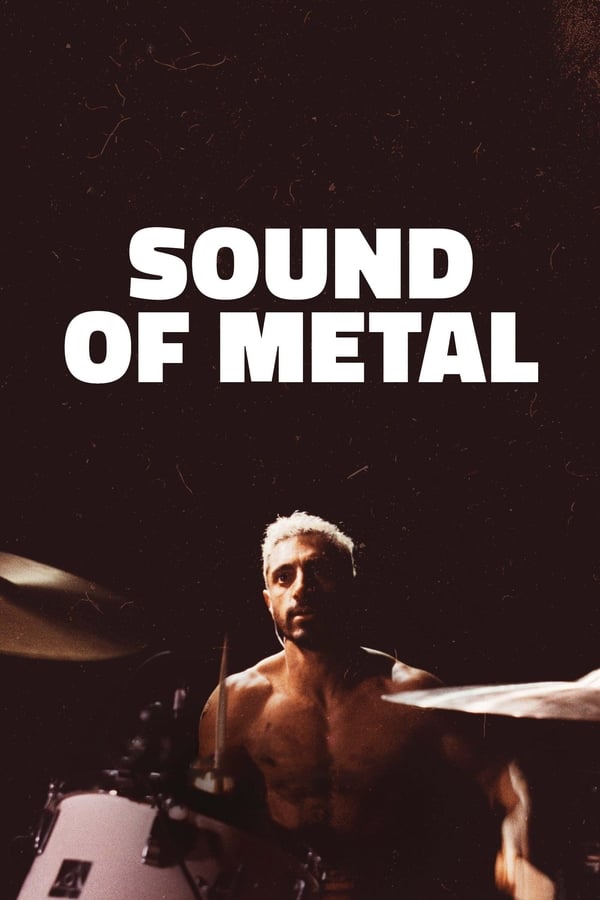
David Fincher’s latest picture, Mank, is brilliant, but it isn’t going to be everyone’s cup of tea. I went into this one a little blind, purposefully so after hearing about some Oscar buzz. I knew it was a behind-the-scenes look at the writing of Citizen Kane, often called one of the best movies ever made. The focus of the movie is screenwriter Herman Mankiewicz, a larger-than-life man portrayed perfectly by Gary Oldman. As the opening titles tell the viewer, RKO has just given carte blanche to Orson Welles to make his first film. Only 25 years old but already a star for his radio and theater work, Welles was ready to make the leap to Hollywood and just needed the right deal. He assembled just the team he wanted to make his first picture, including Mankiewicz as writer. Mank, as he’s called by his friends (and enemies) is an alcoholic who lets his mouth run too much, even when he’s sober. This hasn’t made him welcome in many circles, and his leash has been getting shorter, but Welles insists on him, knowing the talent is there. Mank is given just 60 days to write the script that would go on to become Citizen Kane, and the film Mank shows these 60 days as well as the 10 years leading up to it, so we know the writer’s mindset in what goes into his craft. Obviously you should see Citizen Kane before watching this, and it helps if you know some of the familiar names in Hollywood and politics of the mid 1930’s; names that pop up include Louis B Mayer (of Metro-Goldwyn-Mayer fame), Charles Lederer, Mank’s brother Joseph, Ben Hecht, and David O Selznick. News tycoon William Randolph Hearst, his mistress Marion Davies (a career-defining role for Amanda Seyfried), and political writer/politician Upton Sinclair all figure importantly in the film too. Though the picture delves hard into politics, which is going to turn off some people, I think it was important to the story, and it all fleshes out well. I think lovers of classic film will find plenty to like here. I have no idea how much of the film is factual, but I was enthralled the entire time. ★★★★½

What if music is your entire life, and suddenly you lose your hearing? That is the crux of the Sound of Metal, starring Riz Ahmed as Ruben, a drummer who very suddenly loses 80% of his hearing. A recovering heroine addict, who found sobriety with the help of his musical and life partner Lou (Olivia Cooke, whom I loved in Me and Earl and the Dying Girl), Ruben is thrust into the deaf community, fighting to stay sober and needing to learn not only how to communicate with others, but how to process the emotions he is going through. Ruben is able to find a group who helps people in his exact situation, led by a man, Joe, who lost his hearing in Vietnam and has battled alcoholism. However, Joe’s house rules include Ruben staying by himself (Lou cannot), and he must turn over his keys and phone, giving up contact with the outside world. Lou and Ruben were there for each other through each of their’s darkest days, so this emotional hit is almost more than Ruben can bear, but he does, and the rest of the film sets up his path to correcting his life. It’s a powerful film with a superb turn from Ahmed. As someone who listened to far too much loud music as a teenager and young adult, and now suffers from occasional tinnitus, this is a stark film showing the real consequences of these behaviors. The movie really puts us in Ruben’s head, sharing in his loss and frustrations, as he struggles to adapt without his ears in a world of sound. ★★★½

Summerland takes place mostly in the 1940’s in England, where a single woman, a writer named Alice, is living by herself in a tiny seaside village. Many children from London are being sent to rural communities for safety, as London is being bombed by the Germans. The reclusive Alice, who scorns (and is scorned by) the other villagers, unwillingly takes on a young boy named Frank. Frank’s dad is serving in the war, and his mom has remained in London helping with the war effort there. As Alice and Frank get used to each other, we see flashbacks to Alice 10 years prior, when she was in a relationship with a woman named Vera. It being the time that it was, such a relationship was obviously not accepted, so they eventually split, but Alice has never gotten over Vera. The film was ok, except for a wildly implausible final act that damn near ruined the whole experience for me. If anything, the film is just a bit too dull, and neither Lucas Bond (Frank) nor Gemma Arterton (Alice) really stand out. Based on her past films, I’d have to say Gugu Mbatha-Raw (Vera) is the best of the lot, but she’s only in about 10 minutes of film. It’s a fine enough historical drama, but nothing too remarkable. ★★

The Garden Left Behind is about a woman, Tina, living in New York. She faces prejudices everywhere she goes, because she’s trans and a Mexican immigrant too, so she gets the double whammy. She’s living in an apartment with her grandma, who doesn’t speak any English and still calls Tina “Antonio,” and doesn’t understand what Tina is going through. The movie revolves around Tina but also others in her circle: her friends, who are protesting the recent killing of a trans woman by police; Tina’s medical workers including her psychologist (played by Ed Asner); and a worker at the local convenience store, who is also struggling a bit with gender identity, but is scared to come out to his friends (or even himself). There’s a loose plot about Tina trying to raise money to begin her sex reassignment, as well as her sexual relationship with a man, but mostly the film just shows what people like Tina are living with in their day-to-day lives. Does the movie present a powerful and important message? Without a doubt. Does it make for a good movie? That’s debatable. I learned something, so that’s important, but I can’t say that I think it was a great film. Just a little too predictable, and its message is awfully heavy handed. ★½

Spontaneous is an interesting film with an (on the surface) absurd question. What if high school students started spontaneously combusting, blowing up in a puff of exploding gore that drenched those around them? I saw obvious correlations to school shootings, but this film turns into a lot more than that. The co-leads are Katherine Langford and Charlie Plummer (whom I just saw), as Mara and Dylan. Mara is the centerpiece, an irreverent girl who likes to put her middle finger up to the world and especially to authoritative figures. When seniors at the school start exploding, she uses humor to escape, and is genuinely funny. With the ever-present fear that there will be more and any day could be their last, classmate Dylan takes the opportunity to tell Mara that he’s had a crush on her for a couple years now. The two start dating, as more students start fantastically dying, and the government swoops in to try to find the cause. Equal parts gorefest, satirical comedy, teen drama, and with a splash of impending horror thrown in, this genre-defying film is a lot better than you might think. For one, the two leads are great; Plummer I’m quickly coming to expect great things from, but I’ve only seen Langford in supporting roles before, and she shines here when given the chance. The film turns into lesson in living life to the fullest, because you never know when it will end. Something we can all be reminded of from time to time. ★★★½
I love how split film fans are on Mank. Some think it’s a masterpiece, others deem it Fincher’s weakest outing. Neither opinions are wrong, but I find myself snuggly fit in the middle of the two extremes. By the way, you should review some of David Fincher’s filmogrophy; it will be cool to hear your thoughts.
LikeLike